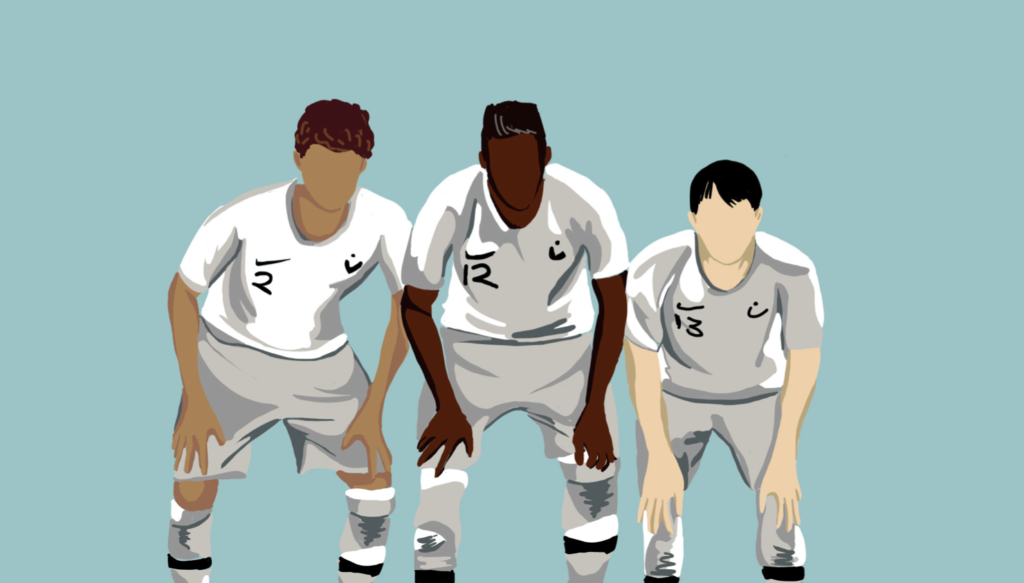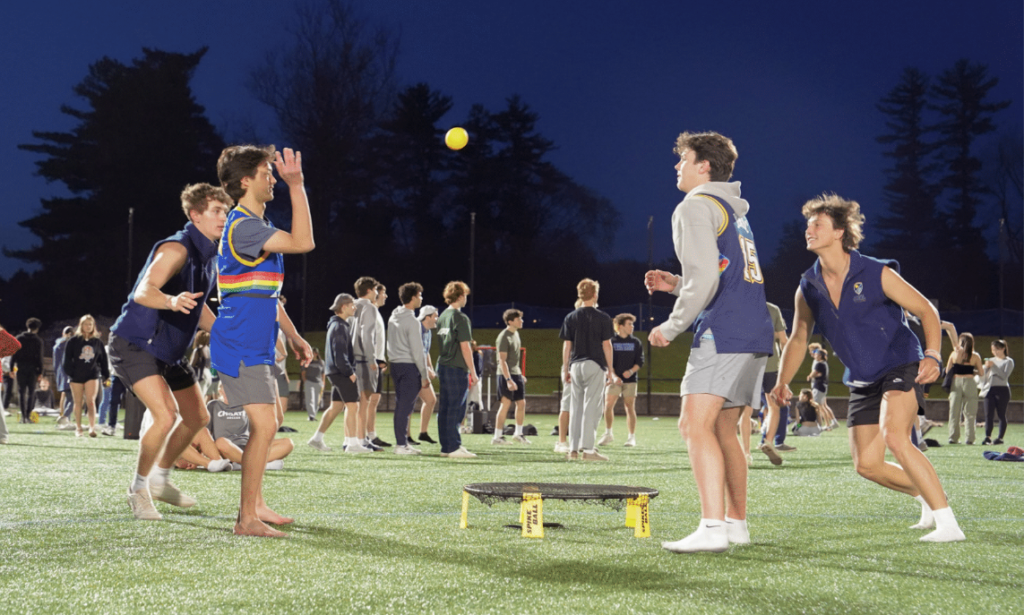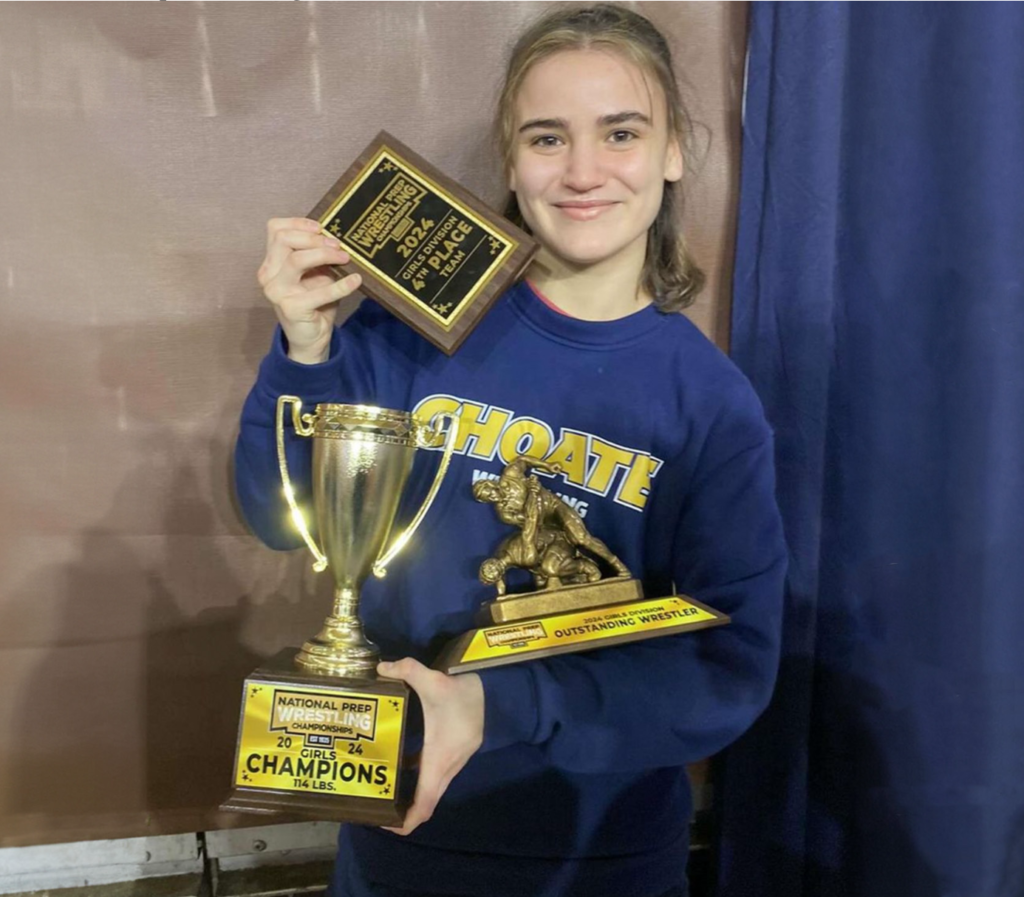
This summer, inspired by nationwide protests against police violence and systemic inequality, Choate students turned to social media to share their accounts of racism at Choate. An often overlooked aspect of these stories is the role that race and inclusion play in sports on campus.
Mr. Charlie Fuentes, one of the 11 faculty members that make up the School’s Diversity, Equity, and Inclusion (DEI) Task Force formed earlier this year, is also a Boys’ Varsity Soccer coach. When asked how racism affects the athletic world, Mr. Fuentes said, “Racism and anti-Blackness do not differentiate between everyday life and a game field. Oftentimes, many of the same issues that persist throughout society can be seen inside of sports. Just the other day, Neymar, one of the most popular and influential soccer figures in the game right now, was called a racist term by an opposing player during a match.”
This incident is hardly the first of its kind. So, if racism is such a widespread issue in sports, how should the Athletic Department at Choate condemn injustice and create an inclusive environment? One of the ways Choate does this is by appointing a diverse coaching staff. Frequently, students’ greatest role models at school are coaches with whom they have cultivated a mentor-mentee relationship. During the countless hours spent in the gym or on the field, coaches are there to push athletes when they feel defeated and help them when they need guidance.
In order for an athlete to truly feel inspired by their coach, they often need to see a part of their identity in the coach. “Representation is one way in which an individual can see themselves reflected in society,” said Mr. Filipe Camarotti, Associate Director of Equity and Inclusion and a Boys’ and Girls’ Varsity Volleyball coach. “At Choate Rosemary Hall, a coach is a position of power. If there isn’t equitable representation amongst a collective coaching staff, then the message the institution sends to its community is that they do not believe the collective group of people in power should be diverse. Thus, a consequence of that message is that the institution does not value an individual seeing them- selves reflected in society.”
While appointing a diverse coaching staff does serve as an important foundation, it does not necessarily mean that the team will create an accepting and inclusive environment. According to Mr. Roney Eford, Director of Athletics and a member of the DEI Task Force, “It is very important for a team to have a culture of inclusion and not just be diverse.”
One of the most significant parts of sports culture at Choate is the sense of togetherness and family inspired by the team setting. Students at Choate come from an array of backgrounds and cultures. If there is any place on campus where these paths cross, it is in the Athletics Department. According to Bo Goergen ’22, co-captain of Boys’ Varsity Baseball, “Racism and exclusion have no place on sports teams. Players are unified under the auspices of hard work and bond over their shared love of the game. Teams are open communities for all who put the work in.”
Sports often reflect, on a smaller scale, issues of injustice that are prevalent in society. They also have the ability to act as a uniting force for people from various backgrounds. Accordingly, sports at Choate are an essential part of creating an inclusive and equitable community.



